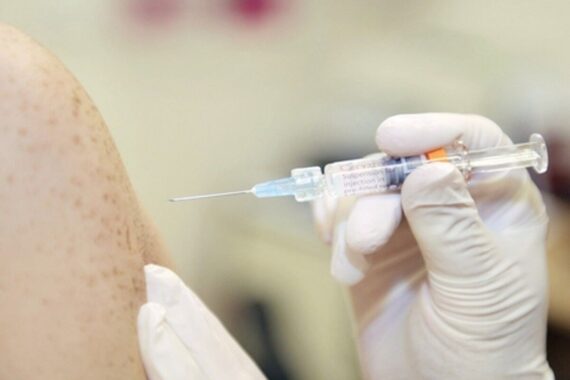HPV vaccination reduced the number of cervical cancer diagnoses by 75% among those who were offered catch up vaccination at the age of 17-18 years when immunisation was first introduced, a large scale study of English data has found.
The data analysed by the Office for National Statistics also found a reduction in cervical dysplasia in this group of 31% by the time they had reached 23 to 30 years old compared with those who were slightly older and missed the chance for vaccination.
In a secondary part of the study, looking at those vaccinated at younger ages, it also showed that no woman who had the routine vaccine at aged 12-13 years had died of cervical cancer at the point the study was done.
The analysis looked at the records of 1.4 million women born between 1987 and 1992.
It backs other recent research done in Scotland which found a reduction in cervical cancer incidence of 74% for women vaccinated with 2 or 3 doses as a catch-up programme over 14 years of age and no cases of cervical cancer in those vaccinated at ages 12-13 years.
The research shows ‘how successful the HPV vaccination programme has been at reducing cervical disease in young women’, the ONS researchers said in a published pre-print.
Continued monitoring using this approach will be needed to evaluate ‘real world’ impact of future changes in HPV vaccination policy, they added.
NHS England has been urging thousands more young people to take up the offer of the HPV vaccine in order to meet the goal of cervical cancer elimination by 2040.
Despite the effectiveness of the vaccine, uptake has failed to meet pre-pandemic levels with coverage falling across England. In November NHS England pledged to eliminate cervical cancer by 2040.
The latest figures for England show around one in six girls and one in five boys are not fully vaccinated by year 10.
Public health officials have warned that vaccine uptake has failed to go back to pre-pandemic levels in England.
William Roberts, chief executive of the Royal Society for Public Health, said: ‘The HPV vaccination programme is a success story of public health prevention. It is a simple, safe and effective intervention that is having dramatic results.
‘This vaccine has the potential to save and improve the lives of thousands of children by giving them a life free of cancer.
‘Like all vaccines, its success wholly depends on continued uptake. That’s why it’s disappointing to see vaccination rates falling among children.
‘Like many in the public health community, we are concerned about the long-term implications this could have.
‘We know that young people overwhelmingly trust vaccines and we need to find ways to make it as simple as possible to get jabbed.’
















